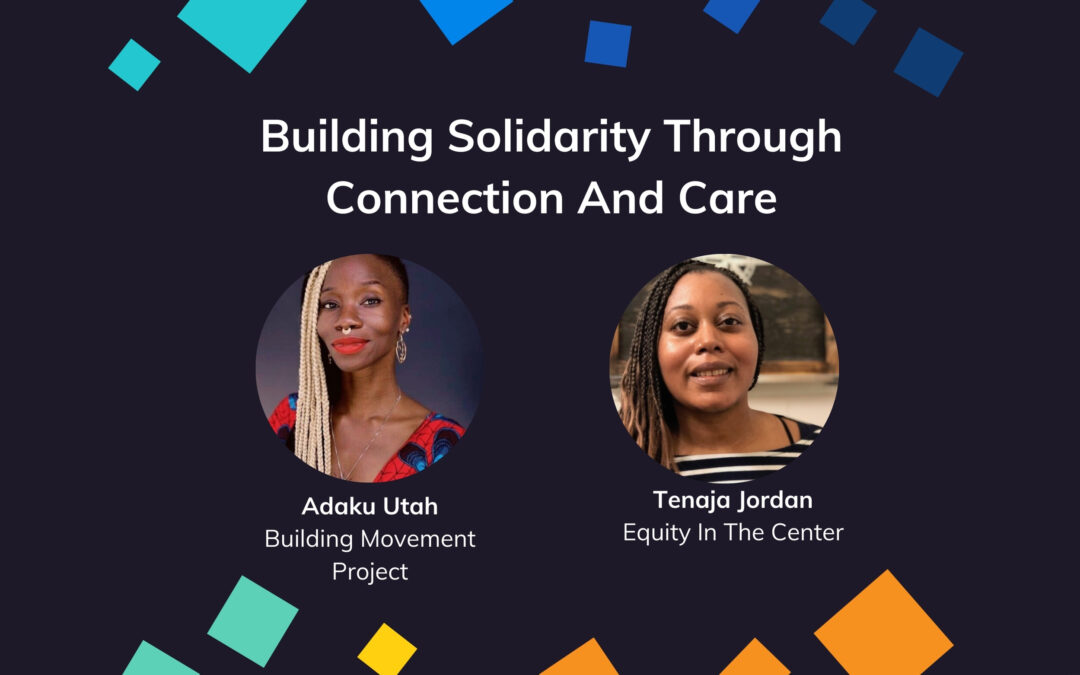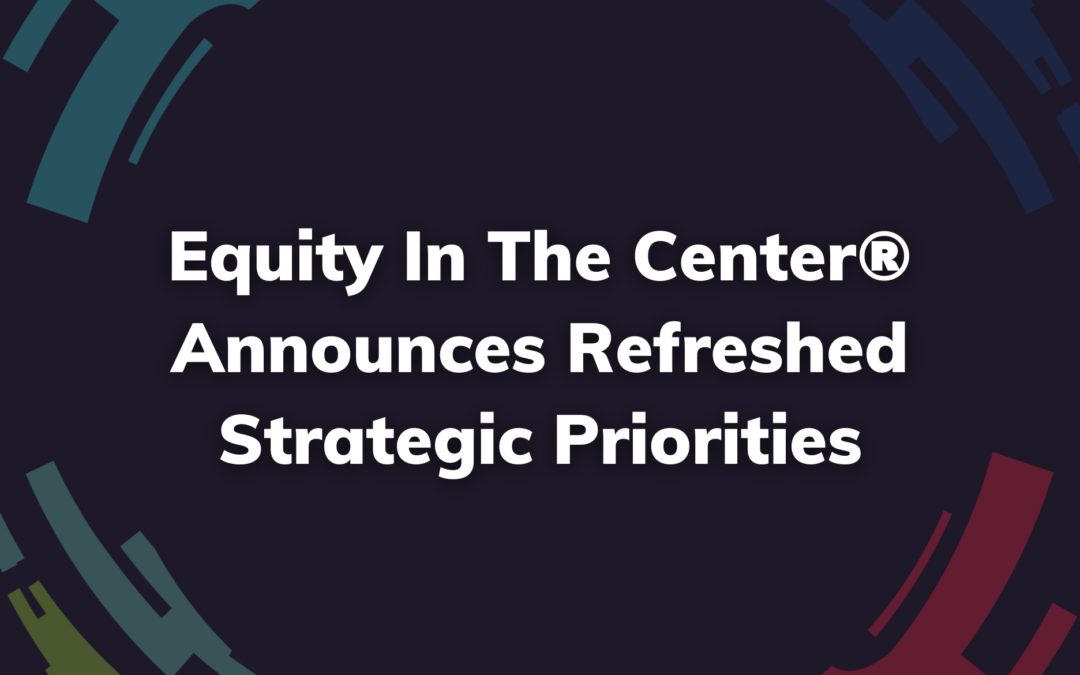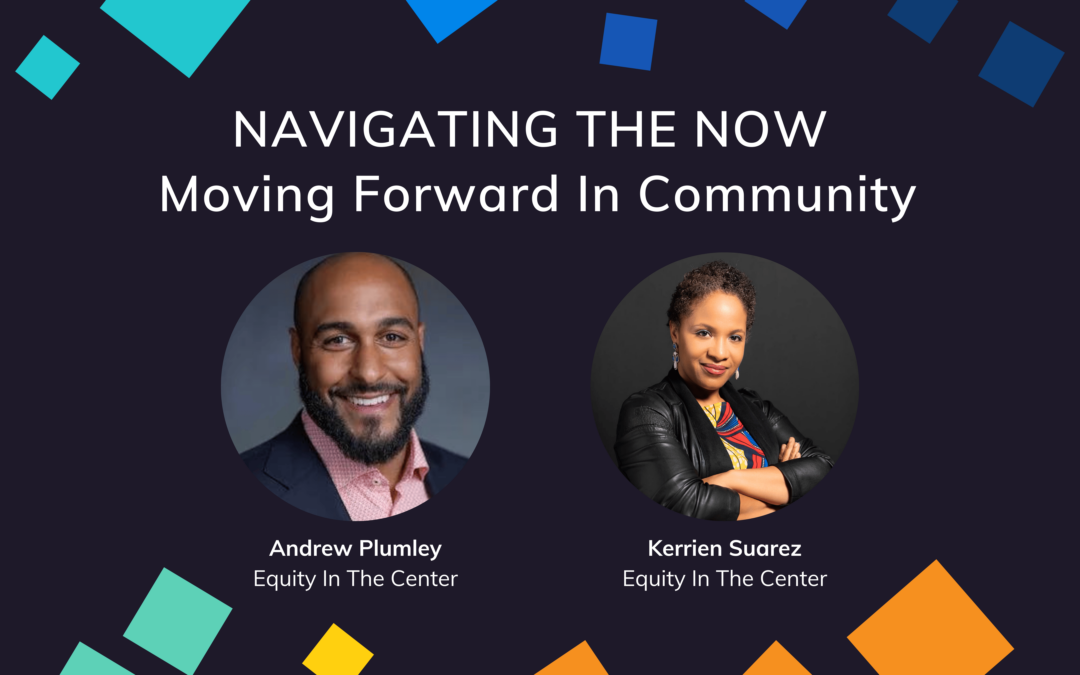By: Nicola Chin

Last week as I was creating this framework for Strategic Thinking in a Long-Term Crisis, I came across a hole in our library of resources: grieving.
Up With Community has tools and resources to share on trauma, but we were lacking supports to offer during the waves of grief, both overt and subtle, that are flowing through our communities right now.
For me, rituals of grieving were something that I learned through family tradition. First, as an altar girl serving funerals at my local parish and then through the aging of loved ones in our circle. The spirit of this learning still serves me today. And I’d like to connect with others through more interfaith, cross-cultural and non-dogmatic foundations for sharing in grieving and engaging in rituals together.
Last week I put a call out to our network for valuable resources on grief. Thank you to all who contributed thus far. Gabriela Alcade, Maura Bairley, Laura Gale, Dennis Johnson, Lulu Miller, Elizabeth Seja Min, Jyothi Natarajan, Nitika Raj, Brigette Rouson, Mark Rovner, Edith Sargon, Phoenix Soleil and Katie Unger, thank you!
This list is offered from the belief that there are many ways to grieve, that no form of grief is more deserving than another and that grieving is an iterative, cyclical process that takes time. We also believe that this catharsis can surprise us. By turning towards—rather than away from—what we need to feel, we can take the next step.
Late-stage capitalism and the pursuit of white supremacy have sought to strip cultures and communities of our rituals of grieving, as well as commodify and profit off of exploiting the practices and cultures of BIPOC communities. Today, we reject both.
Nurturing our relationships with ourselves and each other, we step into the waves of grief when and where we are called to. Hopefully this list can be a chair, a mirror, a handkerchief or a light in that process.
If you have a resource to add to this list, please email: nicola@upwithcommunity.org. We’ll be updating this post regularly.
- “Mourn. Unless we find within us the capacity to mourn, any action that we take is likely to come from contracted energy that goes against rather than towards. We are then way too likely, even if we succeed, to recreate the very thing we are aiming to change. Mourning allows us to expand our hearts, find the love, touch the longing for something different in a soft way, and connect with our vision more fully.” https://baynvc.org/
- Spell for Grief or Letting Go, by adrienne maree brown
- That Discomfort You’re Feeling is Grief, by Scott Berinato from Harvard Business Review
- Poem: The Well of Grief, by David Whyte
- Book: When Things Fall Apart: Heart Advice for Difficult Times, by Pema Chodron
- Poem: Season’s Grievings, by afrosa fatima ahmed
- Podcast: Brene Brown and David Kessler on Grief and Finding Meaning
- Embracing Grief, by Sobonfu Somé
- Poem: Dead Stars, by Ada Limon
- Resources for healing from Susan Raffo
- Book: It’s OK to Laugh (crying is OK too), by Nora McInerny Purmort
- Poem: Instructions on Not Giving Up, by Ada Limon
- Articles from the Yes! Magazine recent issue on Death:
- Dealing with Loss When Death is Uncertain
- Why I Wore Black After He Died: Lessons from Victorian Mourning Culture
- The Story of Death is the Story of Women
- The Geography of Sorrow, Sundance Magazine

Nicola Chin is the Founder of Up With Community, a practice for building creative, powerful, liberated teams. For more resources and tools visit: www.upwithcommunity.org.
Link to Original Blog Post



